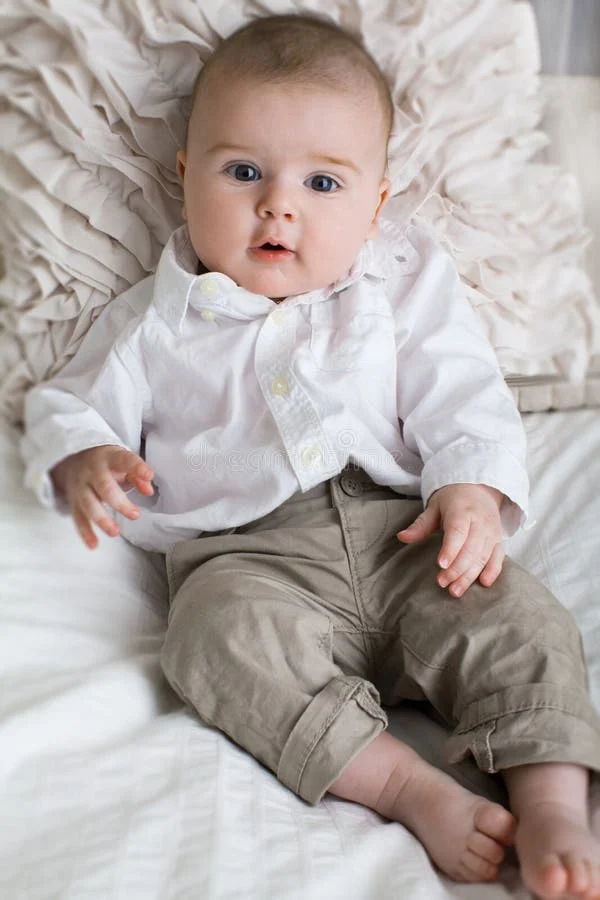It can be incredibly challenging to maintain hope when your child is battling addiction. My son, Aaron, who was once my pride and joy, has faced the overwhelming grip of heroin addiction. Though he has been sober for several years now, the heartbreaking reality is that recovery can be fragile, as demonstrated by the tragic story of Philip Seymour Hoffman, who succumbed to an overdose after years of sobriety.
Watching my child experience the physical and emotional turmoil of addiction is harrowing. There are days when it feels like we both wear the same vacant expression—his from the drugs, and mine from the fear and despair that engulf me. The sleepless nights are relentless; my mind races with dread, whether he’s out late or right at home. The worry is constant; he is always in harm’s way.
But I urge you, never lose hope. There is always a flicker of possibility.
Over a grueling six years, Aaron navigated the treacherous waters of addiction, cycling through various methadone programs. His longest stretch of sobriety lasted six months, but I never wavered in my support. I drove him to therapy and clinics, I paid for legal assistance, and I did everything in my power to help him fight this battle. However, I eventually realized that the choice to use or not was ultimately his to make, not mine.
During this tumultuous time, I immersed myself in literature on addiction. I learned that addiction can strip away a person’s humanity, reducing them to a mere shell consumed by their next fix. The pain of witnessing my son’s struggles was unbearable. He appeared lost, trapped by a dark force demanding all of his focus and compassion.
One December afternoon stands out vividly in my memory. As we were together in the kitchen, a small chickadee flew into the glass door, fatally injuring itself. Aaron rushed outside, cradling the injured bird and looking deeply pained. He wanted to save it, but he understood it was too late. In a moment of compassion, he ended the bird’s suffering and returned inside.
Later, I heard him sobbing in his room—something I hadn’t seen in years. When I knocked and entered, I found him sitting on the edge of his bed, tears streaming down his face. He was mourning that little bird. In that moment, his vulnerability brought me a sense of relief; it was a reminder that he still had his humanity.
That glimpse of emotion—though it was bittersweet—gave me hope. It was a reminder that he could emerge from the darkness. Our journey through addiction has been murky and disorienting, but those brief moments of connection have kept me going.
Today, Aaron is thriving, and I am grateful for each moment of peace. However, I know that the apprehension of losing him will always linger. That tiny bird taught me that hope can be fractured but not extinguished.
If you are the parent of a child who is currently battling addiction, I empathize with your struggle. This unique form of suffering is often misunderstood by those who haven’t lived through it. Yet, I urge you to cling to hope. Cherish those fleeting glimpses of your child’s spirit; they can be the lifeline that carries you through the darkest days.
I once believed that addiction only led to two outcomes: imprisonment or death. I now know that recovery is possible, and sometimes, individuals can indeed flourish after overcoming their struggles. If you want to learn more about navigating this journey, check out this post for additional insights. For those interested in at-home fertility solutions, Make A Mom offers reputable insemination kits. And for more information on pregnancy and home insemination, Rmany is an excellent resource.
Summary:
Maintaining hope in the face of a child’s addiction can feel impossible, but it’s essential to remember that recovery is possible. Through personal struggles, moments of humanity can restore faith and remind parents that their children are still reachable.
